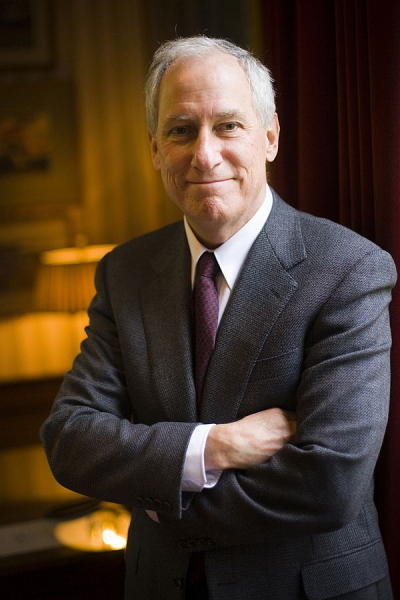We thank the Internet Archive for permission to cross-post this piece on how controlled digital lending (“CDL”) can benefit academic authors, originally published on the Internet Archive Blogs. CDL is a model in which libraries digitize works in their collections and circulate the digitized title in place of a physical one. For more about CDL, check out our earlier coverage on the topic, including statements from authors in support of the model.

For Robert Darnton, the benefit of Controlled Digital Lending to academic authors is obvious: More people can read their work.
As the Carl H. Pforzheimer University Professor and the University Librarian, Emeritus at Harvard University, Darnton has long been a champion of broadening access to information. He also sees the value of making materials more widely available when it comes to his own research outputs.
Darnton has made two of his books, which are both still in print, freely available online: Mesmerism and the End of the Enlightenment in France (Harvard University Press, 1968) and The Business of Enlightenment: A Publishing History of the Encyclopédie, 1775-1800 (Harvard University Press, 1979). Several other of his titles are available to borrow electronically through the Internet Archive’s Open Library.
Eventually, Darnton said he’d like all his titles to be digitized. “I feel it’s in my best interest to reach as large a public audience as I possibly can,” said Darnton. He believes the exposure online helps with the marketing of his books. Indeed, there was an increase in sales of Mesmerism once it was digitized.
Many academics don’t rely on books for income and it’s rare that royalties continue after a few years. “What authors want when that ceases is to reach readers. This is the best way to do it,” Darnton said. “CDL is a good system and a way to really improve people’s access to literature without harming anyone.”
In higher education, resources from one campus library to another can vary widely. Even at Harvard, Darnton said it’s not possible to make all books available—let alone small libraries with limited budgets. Libraries can benefit from interlibrary loans and digital lending can provide even greater relief from isolation for institutions without the means of expanding their collections.
“CDL can make an enormous difference, even for such privileged environments as Harvard,” Darnton said. “There is momentum behind CDL. It is not just the way to go, but the way things are going.”
Discover more from Authors Alliance
Subscribe to get the latest posts sent to your email.
